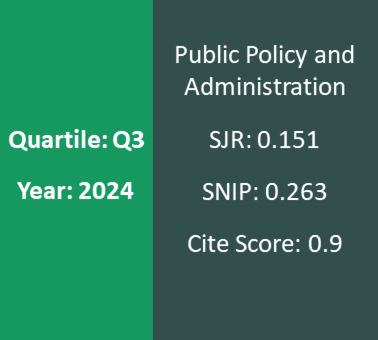Preventing Brain Drain: Kazakhstan’s Presidential “Bolashak” Scholarship and Government Regulations of Intellectual Migration
DOI:
https://doi.org/10.5755/j01.ppaa.19.3.27764Keywords:
intellectual capacity, Bolashak program, cultural settings, stereotypes, migration, brain drain.Abstract
This article considers the Republic of Kazakhstan's internal intellectual migration within the scope of the Bolashak International Scholarship Program which aims to train highly-killed specialists at the best universities in the world. The analysis covers mechanisms of public investment in training of highly-qualified specialists, regulatory measures to promote employment opportunities nationally and the geographical scope of internal-intellectual migration of Bolashak graduates. A survey of Bolashak graduates assesses the country’s labour market capacity and detects factors affecting migration among Kazakh youth.
The study showed that most graduates of the Bolashak program want to contribute to the development of the country, but they are not satisfied with the level of wages in Kazakhstan. Migratory moods were noted only among graduates aged 23-28 years, while older graduates aged 29 to 35 still preferred to stay at home. Moreover, among the first group of graduates, the priority was given to the standard of living in the country of destination rather than professional opportunities. Graduates from the second group were more interested in career prospects rather than in the standard of living in the country of destination.
This research was funded by the Science Committee of the Ministry of Education and Science of the Republic of Kazakhstan (Grant No. АР05136246).





